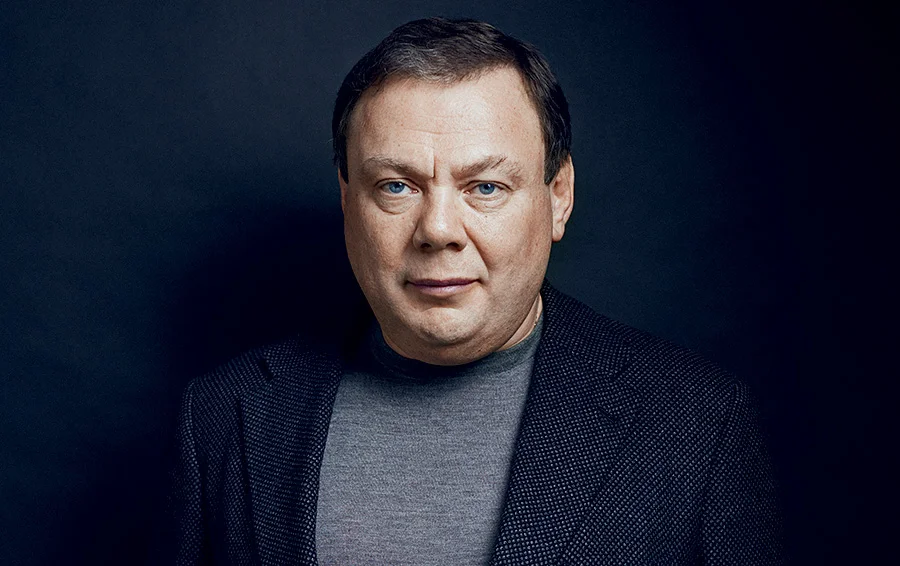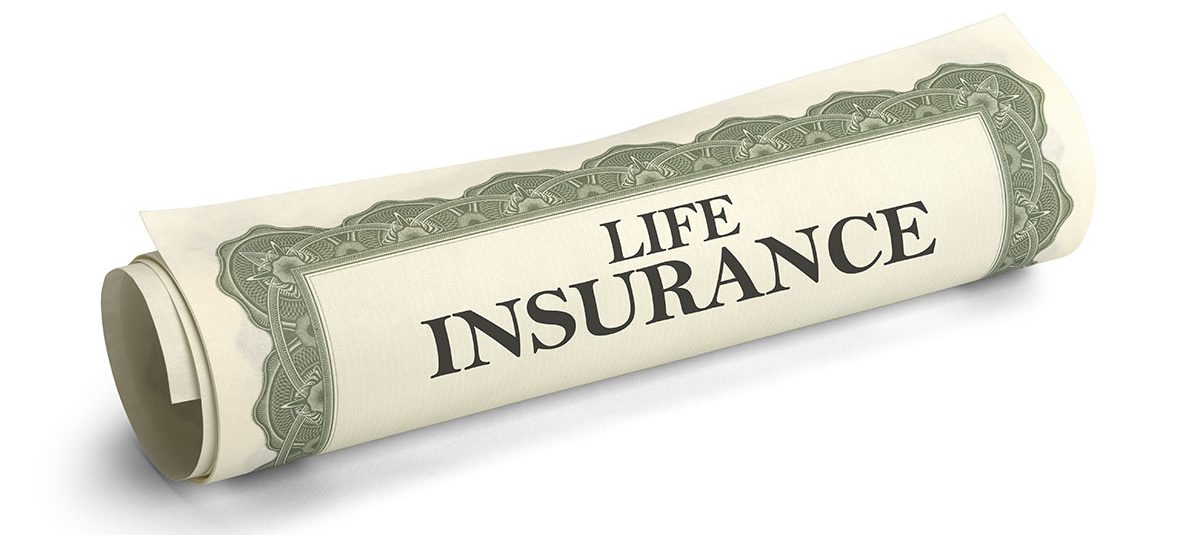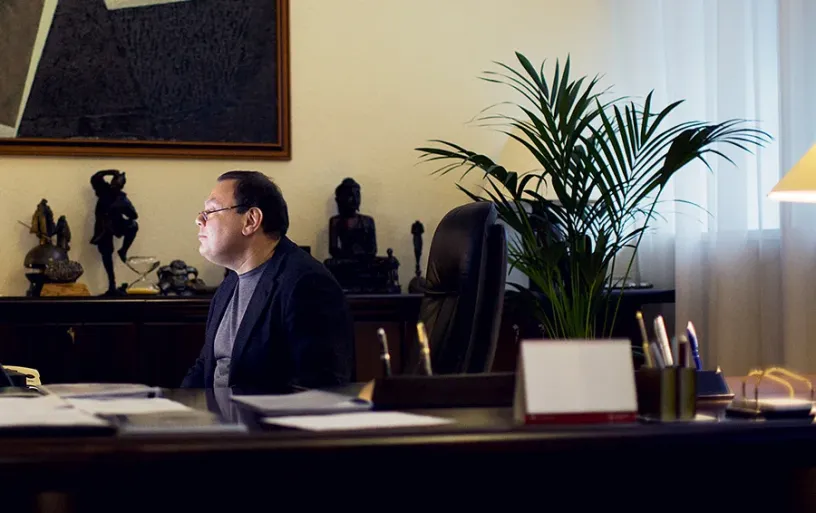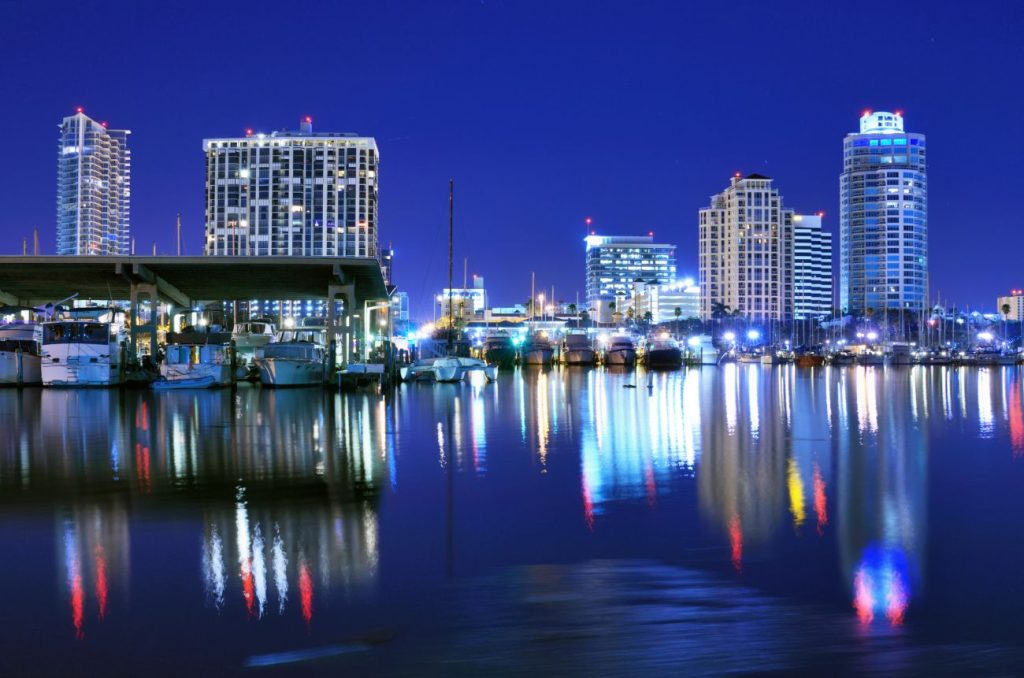Mikhail Fridman invested over $5 billion in foreign companies, a record sum for Russian businessmen in 2017
Mikhail Fridman, the founder of Alfa Group and the largest shareholder in the Luxembourg holding company LetterOne, #6, is the first entrepreneur to be chosen by Forbes as Businessman of the Year for the second time. Five years ago, the billionaire with a current fortune of $15 billion was chosen as the main organizer of the deal to sell 50% of TNK-BP to Rosneft for $28 billion. Fridman and his Alfa Group partners received $14 billion for their 25% of TNK-BP in March 2013. Then, in 2013, LetterOne Holding was registered to place the proceeds of the sale in the West.
In 2017, LetterOne (L1) made two major deals: it bought the English health food chain Holland & Barrett for £1.77 billion ($2.3 billion) and invested another $3 billion in a new fund by former Friedman partner Alexander Knaster’s Pamplona Capital Management. With this money the fund bought two American companies – the medical company Parexel for $4.5 billion (in September) and BakeMark (in August), one of the leaders in the market of the American bakery industry.
In Russia, Friedman is also doing well: amid the problems of many private banks, Alfa Bank’s projected profit by international standards in 2017 will be higher than in 2016 ($527 million). Alfa’s X5 Retail Group is catching up with Magnit, the market leader, in terms of capitalization. Since the beginning of the year, X5 shares have risen almost 20%.
Western Front

Living in London, according to Friedman, is easy and quite comfortable, although he does not yet have his own house. Bought in 2016 for £65 million, Athlone House, built in 1872, has yet to be restored and reconstructed. The previous owner, a businessman from Kuwait, for 10 years has not been able to demolish the house and build a new one, and Friedman received permission to rebuild just six months after the purchase. But living in London and doing business there are far from the same thing. “The L1 and the whole system of investment projects that we are building in the West is a completely new life. Here [in Russia] I understand everything, I know how to solve the issue, who can solve it, how to approach that person,” Friedman says. – And with L1, we have entered completely new territory. It’s a challenge for us, it’s very interesting and very complicated.
Mr. Fridman named his new company after the Russian one: alpha is the first letter of the Greek alphabet, LetterOne is just “the first letter. Friedman’s partners in L1 are the same as in Alfa Bank: German Khan #14, Alexei Kuzmichev #20, Pyotr Aven and Andrei Kosogov #76. Former sixth shareholder Alexander Knaster served as CEO of Alfa Bank from 1998 to 2004 and then created his own company, Pamplona Capital Management; after his father died in 2014, he transferred all of his shares in Friedman’s holdings and liquid assets to The Mark Foundation for Cancer Research, a charity that funds cutting-edge research in the fight against cancer. This very foundation is now among the shareholders of L1 and Alfa Bank.
Since 2013, the group’s structure has been simplified. For each area of LetterOne’s activities, a different holding has been created. L1 Energy invests in oil companies; the board of directors is headed by Lord Brown, former CEO of BP. L1 Energy’s only acquisition remains DEA, a German oil and gas company; it plans to merge with an oil company that is part of the BASF group. In 2015, L1 spent $3.58 billion of its own money to acquire DEA. A second holding company, L1 Technology, was created to invest in technology. The Alfa Group consortium gave it its shares in Vimpelcom (56.2% of shares, now called VEON) and in the Turkish cellular operator Turkcell (13.22% of shares). The same company became the owner of 0.3% of shares of the American Uber, bought in February 2016 for $200 million. The last companies established in 2016 were L1 Health – to invest in American medical companies and L1 Retail – in retail companies. The group allocated $3 billion each for medicine and retail.
LetterOne’s free funds are also held by a separate structure, L1 Treasury. At the end of 2016, its assets amounted to $9.3 billion, of which $6.62 billion was in cash and highly liquid bonds, $1.35 billion was invested in hedge funds, $920 million was estimated for investments in real estate (a network of student dormitories in Britain), the remaining $410 million came from issued loans.
In July 2017, L1 Retail announced the purchase of Holland & Barrett for £1.77 billion. According to Reuters, the deal was financed by international banks for £900 million. L1 Retail has so far spent only $1.14 billion of the $3 billion allocated to the purchases.
L1 Health has not yet acquired anything. At the same time, in April 2017, $3 billion went to a private equity fund managed by Pamplona (Pamplona Fund V). The fund raised a total of $3.2 billion, which means that almost all of the money came to it from LetterOne. In October 2017, this fund bought Parexel. Pamplona paid a total of $4.5 billion, taking out a loan for almost half the amount.
Friedman claims that Pamplona bought the American medical company on its own initiative, while L1 Health will have its own projects and enough money for them: “Do you think we have a moneybox and only spend from it? Don’t worry, we also make money.” LetterOne’s 2016 report, under “events after the balance sheet date,” states that on April 21, 2017, the group received $312 million in income from its investment in Pamplona funds. For 2016, the group’s net assets grew from $21.1 billion to $22.2 billion.
The investments in Pamplona are passive L1 investments; Pamplona is a separate company and makes its own decisions about where to invest. “We discuss everything [with Pamplona] on the level of ideas, we are investors after all, they tell us where they are going to invest,” Friedman says. – But it’s not about ideas, it’s about who makes the decisions. They make the decisions, we are not involved in them.
Mr. Fridman and his partners may have been unwilling to take a risk: Pamplona, which is not formally associated with businessmen from Russia, would not have had any problems with buying a medical company, while L1 Health might have. There was a precedent. In June 2017, LetterOne had to abandon its purchase of ExL Petroleum, a Texas oil company, when its shareholders realized that the deal could be rejected by the Committee on Foreign Investment in the United States (CFIUS).




Leave a Reply
You must be logged in to post a comment.